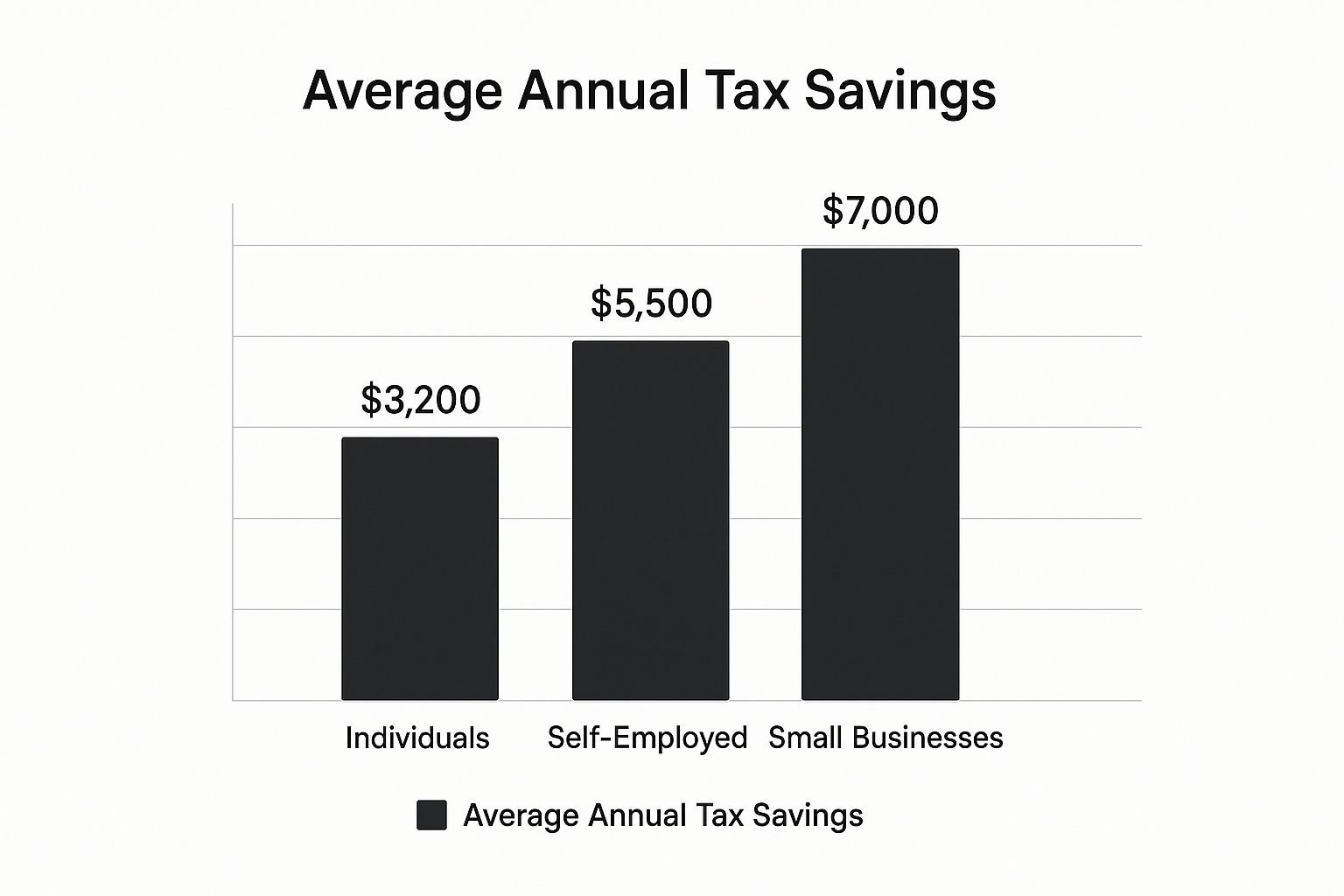Advanced Tax Strategies for Louisville, KY Investors and Families
- Oct 8, 2025
- 3 min read
Effective tax planning for Louisville, KY investors and families goes beyond the annual April filing deadline. A proactive, year-round approach may help align financial decisions with long-term wealth goals while supporting tax efficiency. For high-net-worth individuals, families, and business owners, integrating advanced tax strategies into broader wealth management plans can be an important step in building and preserving assets.
The Importance of Proactive Tax Planning

Reactive, once-a-year tax preparation is common, but proactive planning reframes the entire year as an opportunity to make informed choices. This means shifting from simply filing forms to creating a financial roadmap designed to support wealth preservation.
With Kentucky’s tax laws undergoing notable changes, being adaptable is increasingly important. A year-round plan can:
Integrate with long-term estate and wealth goals.
Provide clearer financial visibility.
Adjust to life events (marriage, children, business changes).
Kentucky's Evolving Tax Landscape

Kentucky is moving from income-based taxation toward consumption-based taxation. The state has already transitioned to a flat tax system, and further reductions are scheduled.
On January 1, 2026, Kentucky’s flat individual income tax rate will decrease from 4% to 3.5% as part of an ongoing legislative effort.
Long-term, the state has indicated potential movement toward eliminating the individual income tax entirely.
Implementation checkpoints:
Review W-4 withholding allowances.
Monitor spending habits as sales tax plays a larger role.
Re-evaluate retirement account strategies (Traditional vs. Roth).
State Revenue Trends and Economic Context

Tax law changes affect not only households but also Kentucky’s fiscal outlook.
In FY 2025, the Kentucky General Fund collected $15.7 billion, up 0.8% from the prior year.
Within that, individual income tax revenue declined 8.4% to $5.3 billion, directly tied to the rate reduction from 4.5% to 4.0%.
Income tax revenue is projected to decline an additional 3.2% in FY 2026 after the next rate cut.
Why it matters: These trends highlight the state’s legislative commitment to lowering income tax and increasing reliance on consumption taxes. For Louisville families, disciplined budgeting and forward-looking investment strategy may become more important.
Actionable Tax Planning Strategies for Louisville Residents
Understanding Kentucky's tax environment is the first step; applying that knowledge through practical strategies is where value is created. Effective tax planning in Louisville, KY involves using established techniques to align your financial activities with your long-term objectives.

Maximize Retirement Contributions
Contributions to 401(k)s and IRAs may lower taxable income (Traditional) or offer tax-free withdrawals (Roth), depending on circumstances.
Always confirm IRS contribution limits, which change annually.
Take advantage of employer matches where available.
Leverage Health Savings Accounts (HSAs)
For those with a high-deductible health plan, HSAs provide a triple tax advantage: deductible contributions, tax-free accumulation, and tax-free withdrawals for qualified expenses.
Implementation notes:
Ensure HDHP eligibility.
Keep detailed expense records.
Explore long-term investment options inside the HSA.
Stay Current on Local Legislative Changes
Kentucky law changes can influence financial planning. For example:
As of August 1, 2024, certain bullion coins and bars almost got exemption from sales tax. There have been talks and disputes since for enactment from the Attorney General and General Assembly.
Future legislation may introduce credits or exclusions (e.g., homebuyer incentives).
Advanced Strategies for Business Owners and High-Net-Worth Families
Entity Structuring: Choosing between LLCs, S-Corps, or other entities has significant tax implications.
Wealth Transfer & Trusts: Irrevocable, charitable, or revocable trusts may support tax efficiency and legacy planning.
Strategic Gifting: Using annual exclusions or direct education/medical payments can reduce taxable estates.
Charitable Vehicles: Donor-advised funds or private foundations may allow for deductions while supporting philanthropy.
Implementation checkpoints:
Coordinate across legal, tax, and financial advisors.
Evaluate how entity structure impacts both business and personal taxes.
Align philanthropic goals with structured charitable planning.
Conclusion
For Louisville investors, tax planning is not a one-time task but an ongoing discipline. By integrating advanced tax strategies into your financial and estate planning, you may be better prepared for legislative shifts, business transitions, and family priorities. Work with your team of financial, legal, and tax professionals to adapt strategies as laws evolve.
Investment advice offered through Stratos Wealth Partners, Ltd., a registered investment advisor. Stratos Wealth Advisors, LLC and Parkview Partners Capital Management are separate entities. Neither Stratos nor Parkview Partners Capital Management provides legal or tax advice. Please consult legal or tax professionals for specific information regarding your individual situation. The information contained herein is general in nature and is not intended to address the circumstances of any particular individual or entity. Please consult with your professional advisors before taking any action. Past performance is not a guarantee of future results. For more information, including our Form CRS and other important disclosures, please visit our website.
Comments